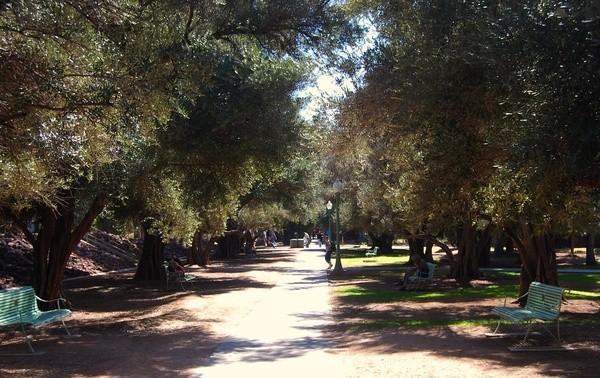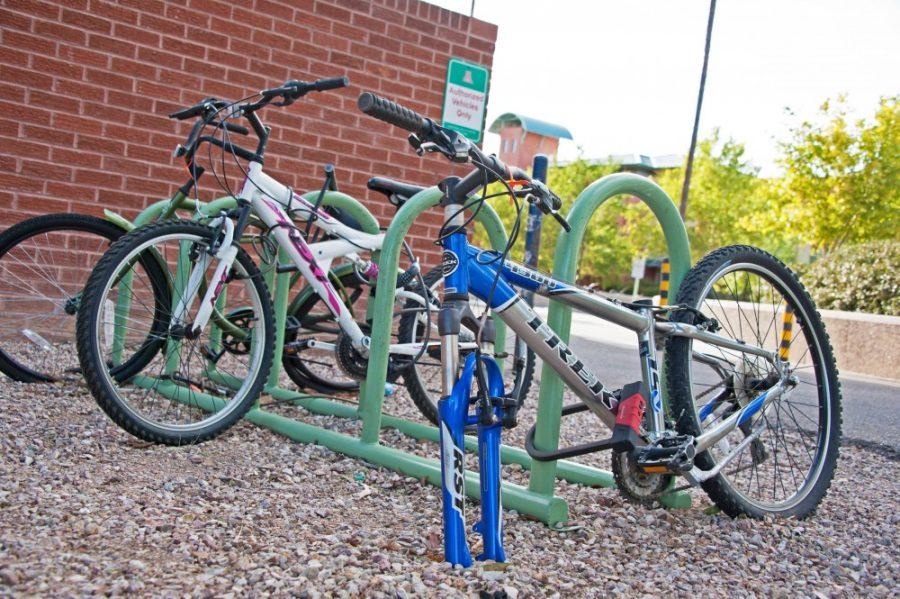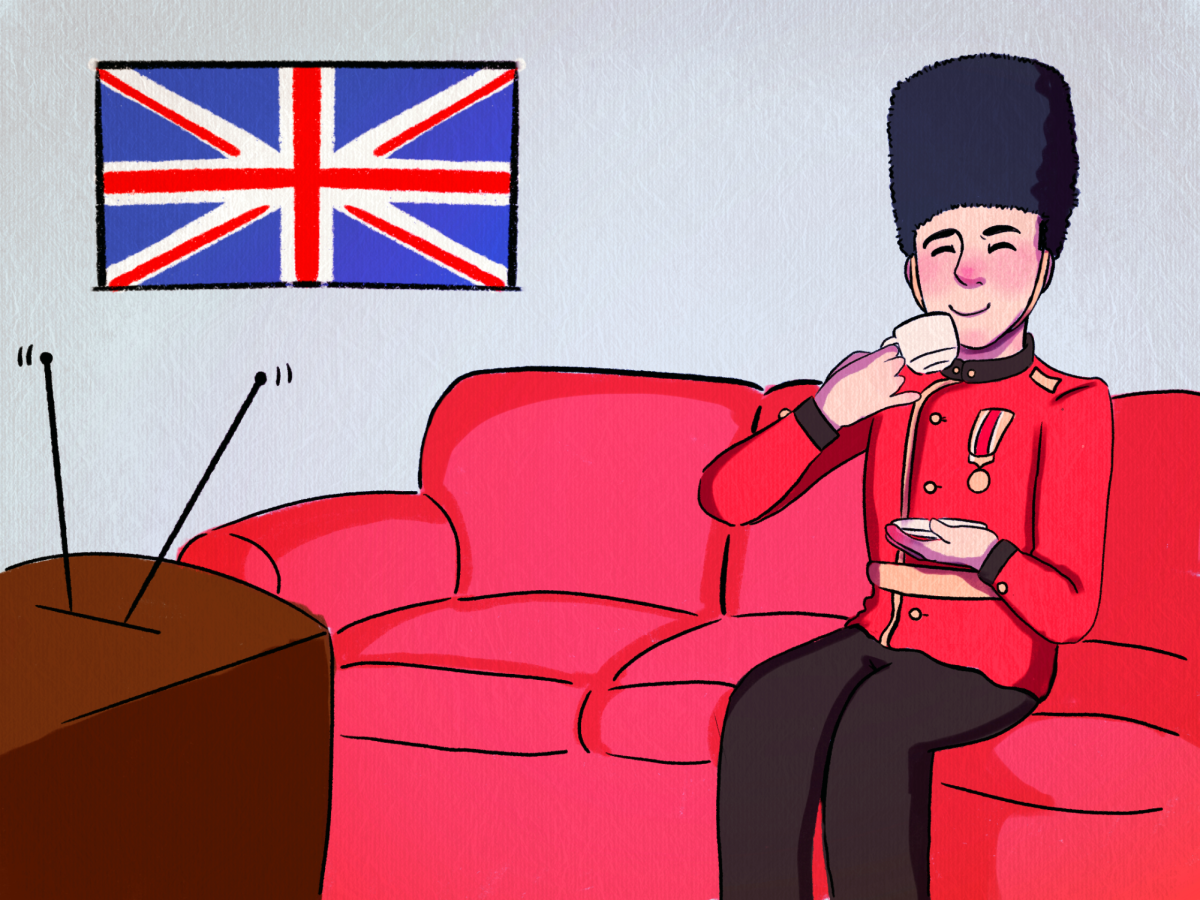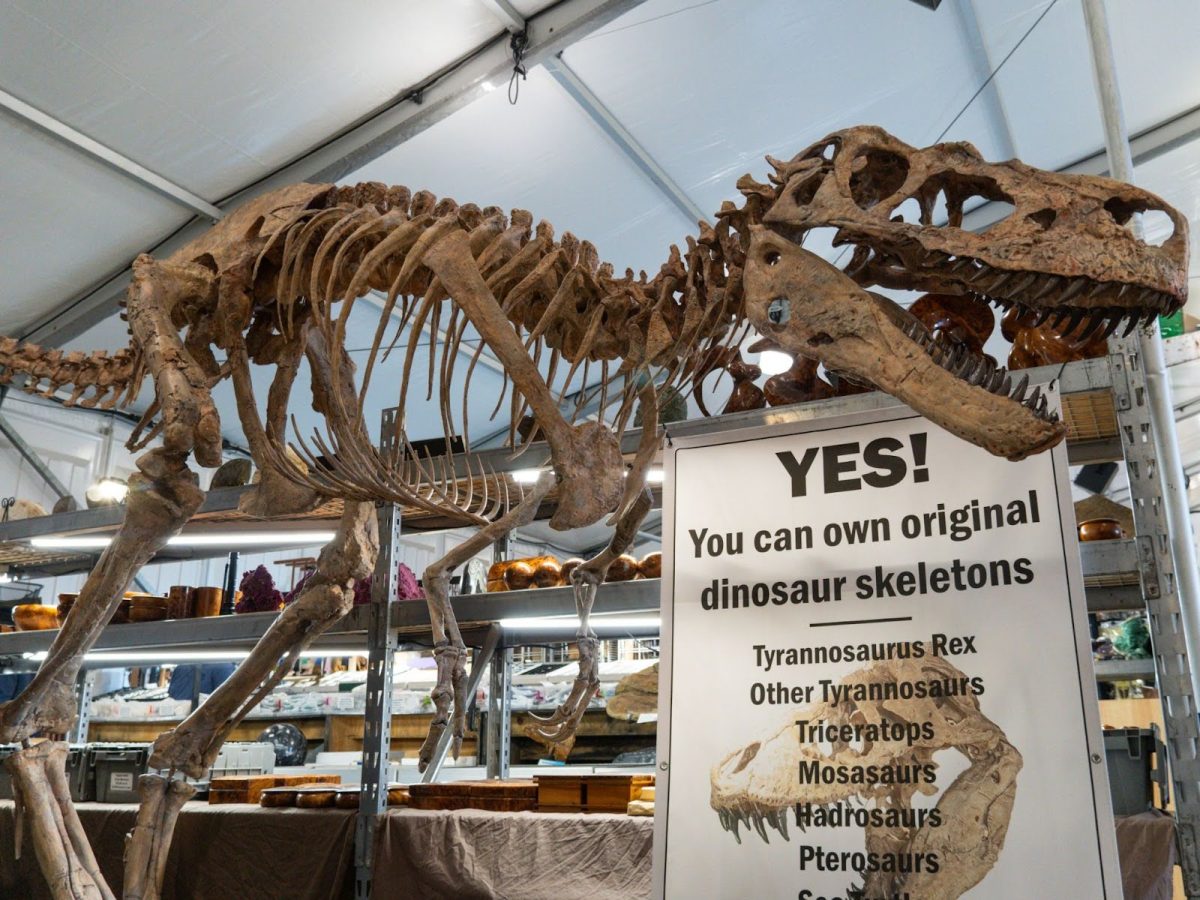One morning in the spring of 2019 while driving back from an early morning work shift, I happened to be listening to NPR when an interview with the author of “The Privileged Poor,” Anthony Abraham Jack, was playing. During the interview, the Harvard assistant professor talked about how he had noticed it might be hard for students to focus when their families are struggling to pay bills back home, or when they don’t have access to enough food. The research also focuses on other ways students are failed by their universities, such as not knowing social norms, how to succeed after graduation or having the inability to attend important social events.
What Jack talked about in the interview really rang true for me. Struggling to connect with fellow students, knowing to go to office hours or being unable to focus because of stresses unrelated to school were all things I had experienced up to that point. The idea of cultural capital, that is knowledge of what a system or culture deems acceptable, had been something I learned about in a class, but it had never occurred to me to think about it from my perspective – that I was gaining, and had already gained, knowledge from my past experiences. And it never dawned on me that I may lack a certain understanding of social norms before listening to this interview. I would have continued on not fully understanding why I felt unsuccessful in college and disconnected from my peers. I would have only passingly wondered why focus was something that would come and go at a moments notice. It was quite simply, a lightbulb moment.
Immediately I felt a sense of inspiration, to share what I had learned with others. And specifically, I wanted to try to change things at a university level, because it has always been clear to me that we should not blame individuals for the shortcomings of their environments. Colleges and universities, at least to me, always had been places where learning and building a better future were realized, but the way that things looked on a ground level, as a student, were not actually delivering that promise.
If college is about learning, why do professors not say what their office hours are, and stress that they are a place for answering questions and helping students with gaining understanding?
If college is about success, why do so many students fail to secure jobs at the outset of graduation?
If college is about building a better future, why do so many students graduate with massive amounts of debt, ensuring the financially secure future they imagined is even farther out of reach?
Often it’s the basic things we overlook or never had experience with because of some form of privilege, like knowing office hours are a way for students to connect with and learn from professors, that social connections and not just grades are vital for post-graduation success, or that debt and financial worries take up a lot of students mental space. It’s these basic questions that Professor Jack asks us to grapple with, knowing these basic answers allows us to help students who come from low-income backgrounds where the cultural capital of college isn’t known, often due to being a first generation college student.
Cynicism is a nasty thing, and an easy trap to fall into. There have always been fantastic individuals who strive to do their best inside of a system that is actively failing. Professors who indicate their intentions with a class and welcome students to their office hours. Faculty who remind students of scholarships, internships and extracurricular opportunities. Individuals who help students connect with their peers, knowing that it is awful to struggle through four or more years alone.
And the system itself, too, has changed, but it is nowhere near enough to create a lasting impact. The University of Arizona began a program to help Pell Grant recipients be guaranteed tuition, but this doesn’t help with housing or food, two areas that are vital to academic success. The Campus Pantry helps students, free of charge, to have access to quality food, but it is charged rent by the very institution it serves, not to mention being located out of sight in the basement of the Student Union Memorial Center.
It’s clear that change is possible, but it will absolutely not happen on its own.
There are some interesting questions to answer, especially by the university, if Wildcats are going to continue to succeed in college and in the rest of the world after graduation.
As part of my contribution to this campus, I am working with a team of reporters in partnership with the Daily Wildcat to find the ways that the university has addressed the issues and to look at the ones that still need work. We will look at what the future of the Campus Pantry will look like. We’ll ask experts how universities can create networking opportunities that are natural.
We’ll ask how the university can better serve low-income students’ basic needs. In an ideal world, what programs can be created to help students easily build connections and gain cultural capital?
“Access ain’t inclusion.” – Anthony Abraham Jack
Dillon Hlohinec is a student studying political science and philosophy, politics, economics and law. This piece was produced in collaboration between the Daily Wildcat and the UA School of Journalism’s student media apprenticeship program.
Editor’s Note: This piece was produced as part of the “Confronting Scarcity Project” – a collection of reporting, commentary, maps, audio and more aimed at destigmatizing and amplifying the conversation around food and basic needs insecurity. This project was produced with students and the university community in mind as part of a collaboration between the Daily Wildcat and the UA School of Journalism’s student media apprenticeship program.
Follow the Daily Wildcat on Twitter









